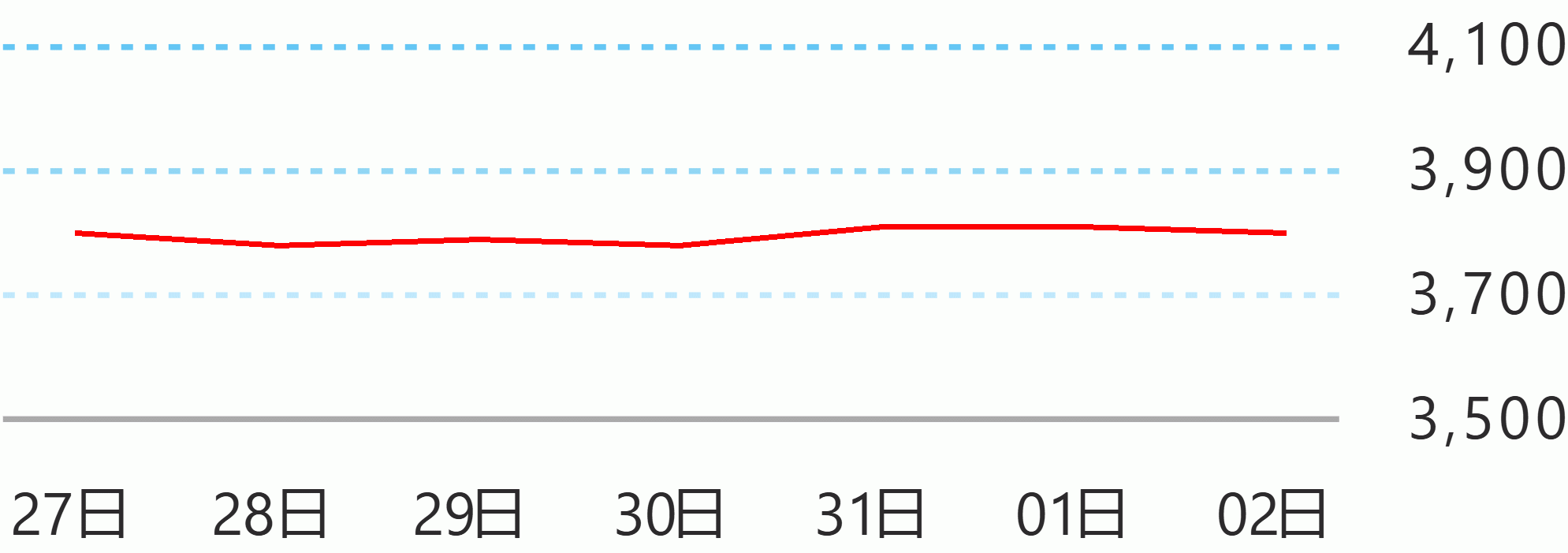In the Post-State of the Nation Address Discussion on Wednesday, the National Economic and Development Authority (NEDA) reiterated that rapid, sustained, and inclusive economic growth is key to achieving the Marcos Administration’s single-digit poverty incidence target by 2028.
The Marcos Administration targets a gross domestic product (GDP) growth rate of 6-7 percent in 2023, and aims for a faster expansion of 6.5-8 percent from 2024 to 2028.
However, while the GDP growth performance of 7.6 percent in 2022 and the 6.4 percent recorded in the first quarter mark a return to the country’s high-growth norm, NEDA Secretary Arsenio Balisacan emphasized the need to ensure that such growth is sustained and inclusive.
“While we welcome news of a rapid economic recovery and projections of sustained growth, we do not want the gains to remain exclusive ? that is, enjoyed only by a few sectors, businesses, or a small share of our population. We want growth that generates opportunities as well as more and high-quality jobs accessible to all Filipinos, especially in rural areas where most of the poor are located. We want more stable employment prospects and greater value added translating into higher wages and incomes for our workers and their households,” said Balisacan.
Central to the government’s poverty-reduction efforts are its strategies for high-quality job creation, which are contained in the Philippine Development Plan 2023-2028, the country’s medium-term development roadmap. This includes both short-term and medium-term interventions.
“In the short term, we eased mobility restrictions and, more recently, lifted the nationwide state of public health emergency. This reinvigorated our growth drivers in high-contact sectors such as services and tourism, generating jobs for Filipinos. We want to quickly catch up with our dynamic neighbors. That is why we are in a hurry to bring investments in,'' he said.
''We are focusing on infrastructure so we can improve our competitiveness and productivity over the medium term and encourage even more investments in areas such as manufacturing, agribusiness and agri-processing, tourism, information technology and business process management (IT-BPM), and sectors with much potential: mining, creatives, education, and health,” added Balisacan.
Creating jobs on the demand side must be complemented by supply-side interventions in the labor market. Thus, the NEDA Secretary pointed out the urgency of enhancing the productivity and employability of Filipinos through investments in human capital.
“Aside from hard infrastructure, we must do the necessary work now and boldly address the challenges in our long-neglected social sector, particularly in health, education, and social protection to allow us to reap the benefits of the demographic dividend. We cannot waste this opportunity of a growing share of the working population. At the same time, we want to establish robust social safety nets so we can protect the vulnerable from falling into poverty if they are hit by shocks to their health and livelihood. The right policy choices now will allow us to benefit from this additional pillar of growth for the next two to three decades,” Balisacan said.
The NEDA chief also pointed out how innovation is a critical component of the country’s development strategy for the long term.
“In the history of nations, innovation and technological progress are what drive growth and improvements in productivity in the long haul ? decades into the future. We are working hard to set up a dynamic innovation ecosystem so that we can enable our country to create more value-adding, Filipino-made and Filipino-designed products, raise the value and quality of services we already provide, and more ably adapt to disruptions such as climate change, automation, pandemics, geopolitical conflicts, and the like,” stressed Balisacan.
The country’s chief economic planner also underscored that what ultimately matters are the outcomes of higher living standards, particularly for health, education, mobility, work, and leisure.
“Greatly improving the overall quality of life: that is the ultimate goal. Achieving our vision of a matatag, maginhawa, at panatag na buhay for all Filipinos ? a predominantly middle-class society free of poverty ? will lead us to become proud of what we have achieved as a country,” Balisacan said. NEDA Public Affairs





 English
English










